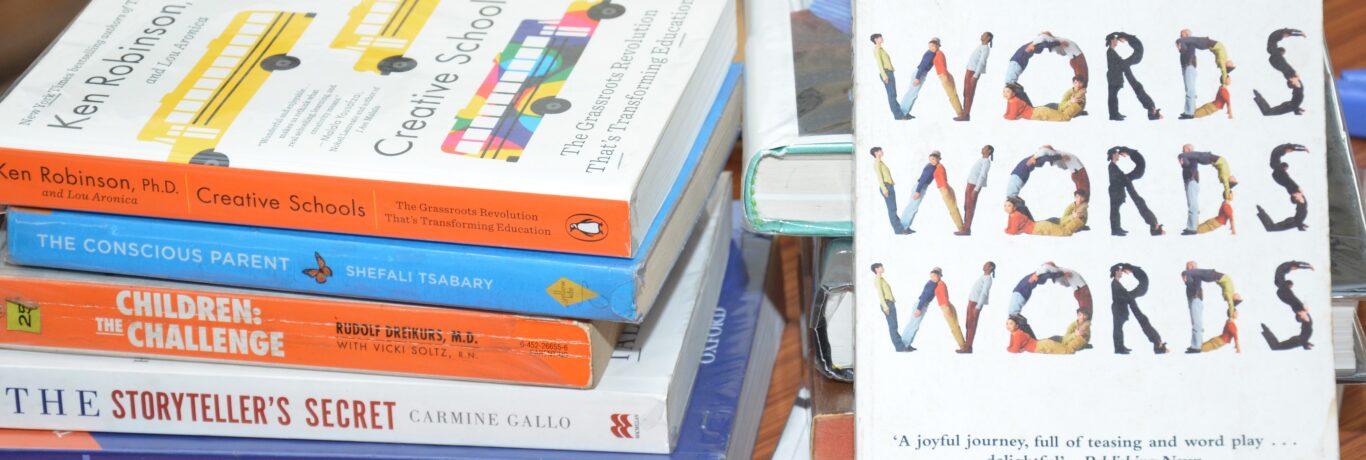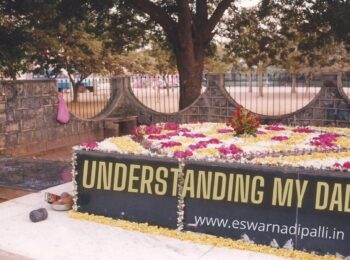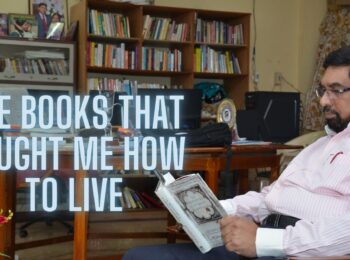(There is one exciting measure which I sum up as phenomenal, a magical ritual I turn to everyday: the tradition of reading. Like an army drill, my habit has a rhythm and swiftness and urgency. In self-isolation for the last twenty-five days, I have thumbed through three outstanding books: of legacies bounded in thin pages, of tomes of truths: of life, of great insights and of historical grandeur.)
They added twenty more days to the woes that have dreadfully accumulated past twenty-one -days in self-isolation as the corona virus revengeful tentacles seem not loosened its grip over millions. Its aftermath scattered thousands, finding themselves indisposed; I believe many were inching towards the final resting places.
‘The extension is not unexpected,’ I said to my son, who sounded confused, too young, to handle the freakish lockdown captivity. Overwhelmed, he let out restless reactions: a weekdays’ stubble on the chin, his bathing time shifted much later than noon-time was some of my metal jottings.
The crisis we were thrown in, I need to care about a few parental responsibilities valid at these times. They aren’t financial; it isn’t somatic either, but something higher, something devotional – those dutiful tugs that pulsate at my core and has become even more ardent after my wife’s death.
It’s a sort of self-talk I allot for myself every day, ‘I have to care for my children, although big and settled, now busy rearing their kids, but I fear to imagine that they shouldn’t, if the gravest situation arises, have to stare into space where they feel the loss of their parents. Not active for them anymore.’
I hear a bang of reminder as a forewarning, ‘you need to be strong for your children,’ sets off a wishful spur, ‘let me stay fit physically and emotionally, once my wellness in order, other fine feather factors helpfully fall into place.’
Besides meditation, breathing exercises, I also cling to a self-restrained life-style. There is one exciting measure which I sum up as phenomenal, a magical ritual I turn to everyday: the tradition of reading. Like an army drill, my habit has a rhythm and swiftness and urgency. It’s a discerning regimen I had inherited from my father – who refuses to go away as my teacher for life, who but departed, well ahead of his age, three decades ago. He was fifty-six then.
Let me come back. Days seemed gagged, and I ran out of concepts to sit alert, finding it hard to endure the tedium. I’m almost grappling with dried up inspiration to write, not sure how I would kill the vast chunks of silent and empty forty-two days, agonizingly, in self-isolation.
Not to lament my condition, I settled usefully writing my blogs, sweating around trees and bushes with my camera.
Further, I felt I have come out a slice wiser and wore a badge of accomplishment. Being that I have thumbed through three outstanding books: of legacies bounded in thin pages, of tomes, of truths: of life, of great insights and of historical grandeur.
The three books that comforted me with the wisdom of the three most exceptional creative authors:
A gentleman in Moscow by Amor Towles
City Of Girls by Elizabeth Gilbert
Educated – A Memoir by Tara Westover
I couldn’t explain why but these insightful writings so impressed me to connect to my deepest emotions.
With a novel in hand, you always find me holding a well-sharpened pencil eager to locate the beautiful words or preserving ideas waiting to mark them.
A Gentleman in Moscow:
‘Adversity presents itself in many forms, and if a man does not master his circumstances, then he is bound to be mastered by them.’
‘With so little to do and all the time in the world to do it, the Count’s peace of mind continued to be threatened by a sense of ennui, that dreaded mire of human emotions’
‘Fate would not have the reputation it has if it simply did what it seemed would do.’
‘So I view it as an incredible stroke of good fortune at this stage in my life to have found such a fine new friend.’
‘It stands to reason that if you wish to be a good waiter, you must be master of your own appearance.’
‘a fact that confirmed once again how quickly time flies when one is immersed in a pleasant task accompanied by a pleasant conversation.’
These are a few philosophical aphorisms strewn across the novel ‘A Gentleman in Moscow.’
It is a story of Aristocracy, a tale of imprisonment. It’s the story of a handsome Count named Alexander Rostov, who is sentenced to spend his life under house arrest in Moscow’s Metropol Hotel. A story set in the year 1922 when Bolsheviks started ruling the newly formed Soviet Union. The story follows the Count for the next thirty years. It scripts in a little bit of everything. Only a genius writer –here, Amor Towles, could add romance, politics, parenthood, espionage, and poetry in one fantastical fiction.
City of Girls:
City Of Girls made into my quick list of must-read because of the author Elizabeth Gilbert, best known for her memoir, Eat, Pray, Love, which I read a decade back. Later I picked up another book by her titled: Committed – a love story – it’s about marriage and relationships.
This was her third novel. City of Girls is a story set in 1940, a historical fiction of a young girl of eighteen – Vivian Morris and theatre and New York glamour as its background. The narration runs until the Vivian reaches eighty-nine.
It’s just a breezy, entertaining read about passion, and struggle for survival of a lively, effervescent portrait of Vivian Morris in New York during World War II times.
Educated – A Memoir: By Tara Westover
It’s like a young girl’s craving for window shopping, and I too window shop in digital space for good fiction recommendations, especially the memoirs. About the book Educated, it was a lucky encounter from the New York Times list of Best books.
It’s a realistic story about an extremely orthodox upbringing of Tara Westover, the youngest of seven in a survivalist family, living on a farm at a Mormon pocket of south-eastern Idaho.
I dipped into the internet to have an idea what this Mormon Religion is all about. Mormon is a rigid religious group that follows the concepts of Christianity and also revelations made by their founder Joseph Smith during 1820. The group is headquartered in Salt lake city, Utah.
‘I have been educated in the rhythms of the mountain, rhythms in which change was never fundamental, only cyclical.’
Grandma and Dad argued a lot more often about kids. Grandma thought we should be in a school and not roaming the mountains like savages. Dad said, ‘public school was a ploy by the Government to lead children away from God.’ ‘I may as well surrender my kids to the devil itself.’
And introducing her mother as an assistant to a midwife mother, it goes like this;
‘Her features were heavy, her voice thick with authority. She had no license, no certificates. She was midwife entirely by the power of her own to say so, which was more than enough’.
Born in such conformist family conditions, Tara Westover was seventeen the first time she set foot in a classroom. Until then, in summer, she stewed herbs for her mother, a midwife, and healer, and in winter, she salvaged in her father’s junkyard.
Tara never saw a doctor or a nurse, and her father forbade hospitals. Gashes, or burns, getting hit with a steel cylinder in the gut, fingers lost nothing called for medical attention beyond her mother’s herbs and tinctures termed as ‘God’s pharmacy.’
Then, lacking in formal education, Tara began to educate herself. Her quest for education transformed her, taking her over oceans and across continents, to Harvard, to Cambridge.
Tara’s memoir is about self-discovery, peeling away from traditionalistic notions favored by parents, too much to vouch for God’s interventions. The descriptions are so well written, so graphic that I felt someone held my hand and toured me around the mountains’ slopes of Buck’s peak – in rural Idaho.
Visit my photo blog at http://www.vijayawadainvisuals.in






